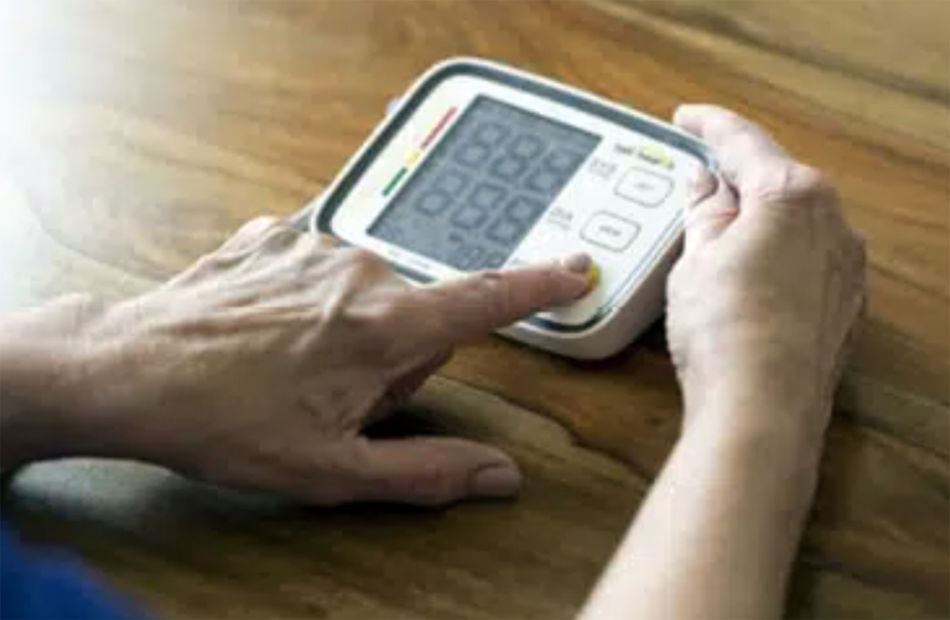Eseye connects Telli Health to Verizon
- April 12, 2022
- Steve Rogerson

UK IoT connectivity firm Eseye has helped Florida-based Telli Health’s remote patient monitoring (RPM) devices achieve eUICC certification on Verizon’s 4G LTE network in the USA.
The devices include a blood pressure monitor, blood glucometer, pulse oximeter and thermometer.
With Verizon as part of Eseye’s global federation of connectivity partners, the company can offer IoT connectivity across the USA through its AnyNet+ eSIM, featuring an embedded Universal Integrated Circuit Card (eUICC) and multi-IMSI capabilities, which can ensure Telli Health devices stay connected to the Verizon network.
Device certification on Verizon’s LTE network means a device is confirmed to be technically compliant with and fully functional on the network. By attaining device and eUICC certification on Verizon’s LTE network, Telli Health can scale its RPM offering across the US medical IoT market, incorporating Verizon mobile connectivity.
Telli Health selected Eseye to manage this process end-to-end using its technical device and network expertise to achieve eUICC certification.
Working with Eseye, Telli Health achieved certification, including: device preparation and behaviour analysis; onboarding with AnyNet+ eUICC eSIMs to ensure the RPM device responds to changing connectivity environments; testing the device and ensuring it has passed tests for eUICC-compliant network switching; and launching the device and enabling eUICC localisation to Verizon once devices are live.
“Achieving certification onto Verizon catapults us above our competitors and ensures our patients can reliably use our RPM devices even in more remote and rural areas,” said Will Dos Santos, head of sales at Telli Health. “Eseye’s technical expertise and support was invaluable during the certification process. Verizon certification has positioned Telli Health for further success in the RPM market, with plans to deploy a total of 300,000 devices by the end of 2022.”
Erik Varney, managing director of telematics and industrial IoT at Verizon Business, added: “EUICC is transforming global IoT connectivity for business. It’s enabling the multinational enterprise to achieve interoperability and securely connect their devices locally to Verizon’s leading LTE network for IoT. Eseye and Telli Health are key contributors in establishing this cutting-edge service for the market, utilising Verizon’s long-heralded network performance and reliability.”
Telli Health decided to design and build bespoke hardware so it could provide more efficient technology for patients and healthcare providers. To achieve this, it knew a multi-network approach was essential to deliver the reliable, ubiquitous connectivity fundamental to ensuring the accuracy of its RPM. However, this introduced problems in terms of device network certification and roaming capabilities.
This is where the AnyNet+ eSIM’s ability to localise onto the Verizon network was a critical factor for Telli Health. Verizon’s LTE network is essential for enabling devices beyond just population centres and into rural and under-served communities, where access to healthcare is difficult. A reliable connection is essential to deliver a steady stream of patient data, while building patient and doctor confidence in RPM, potentially leading to better health outcomes and more efficient healthcare resource allocation in the future.
Since partnering with Eseye, Telli Health has witnessed: a 73% improvement in unique daily data transmissions, whereby reliable connectivity can provide data in real time; a 67% reduction in patient churn; and a 94% reduction in support costs. RPM devices work out-of-the-box, leading to an 80% increase in patient onboarding times.
“Eseye is uniquely positioned in the market to offer a superior level of specialist technical support for customers, such as Telli Health, to achieve eUICC certification onto the required network, including Verizon’s in the USA,” said Nick Earle, CEO of Eseye. “Adoption of eSIM technology in multi-country IoT deployments, where devices can seamlessly localise onto the network with the strongest signal, is only going to increase. Similarly, we expect to see a growing requirement for a managed-services approach to IoT, which can guide customers from ideation and proof of concept, through the design, development and deployment of global IoT at scale.”




